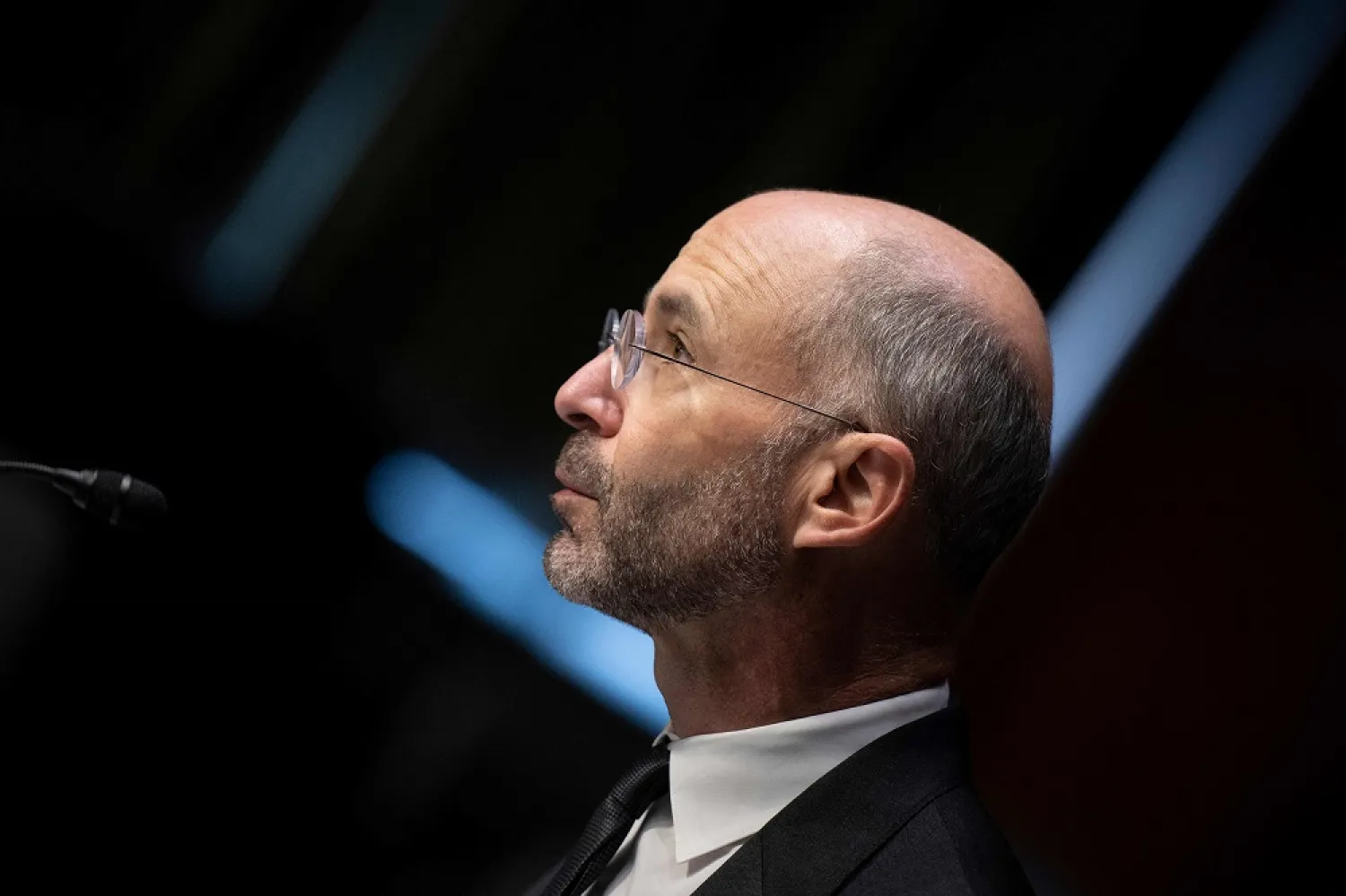The chances of reviving the 2015 Iran nuclear deal are shaky at best and Washington is ready to tighten sanctions on Tehran and respond to "any Iranian escalation" with Israel and others if the pact cannot be saved, a senior US official said on Wednesday.
"We do not have a deal ... and prospects for reaching one are, at best, tenuous," US Special Envoy for Iran Rob Malley told the Senate Foreign Relations Committee, alluding to indirect US-Iran talks in Vienna that unraveled in March.
Malley's comments drew criticism from senior Democratic and Republican senators, who voiced skepticism about returning to the deal and deep frustration that they do not understand Democratic US President Joe Biden's "Plan B" if the negotiations fail.
Under the agreement, called the Joint Comprehensive Plan of Action (JCPOA) and struck by Iran and six major powers in 2015, Tehran limited its nuclear program to make it harder for it to get a bomb in exchange for relief from economic sanctions.
Tehran has long said its program is for peaceful purposes.
Republican then-US President Donald Trump reneged on the accord in 2018 and reimposed harsh US sanctions, prompting Iran to begin violating the nuclear limits about a year later.
Despite past US statements that the time to resurrect the deal was running out, Malley said Washington would keep trying to revive it for as long as it judged that the nonproliferation benefits of returning outweighed the sanctions relief to Iran.
While saying that "all options are on the table" - code for the possibility of military action - Malley said a strike on Iran's nuclear program would only slow it down, not stop it.
"By far the best option is a diplomatic one," he said. "(A) military option cannot resolve this issue. It could set it back. .... The only real solution here is a diplomatic one."
Senate Foreign Relations Committee Chairman Bob Menendez, a Democrat who opposed the original agreement, said he did not understand why the Biden administration was still willing to negotiate nor what it would do if talks fail.
"Why is it that we are still keeping the door open?" Menendez said. "What is your Plan B?"
Malley said the United States is working with Israel and European partners to try to deter and respond to any Iranian actions, including attacks on US partners as well as its ballistic missile and unmanned aerial vehicle programs.
He declined to say whether the United States might support censuring Iran at the June International Atomic Energy Agency (IAEA) board of governors meeting.
He also said he was confident that whatever the outcome of the nuclear talks, European allies would act in tandem with Washington "whether it has to do with sanctions enforcement, action at the IAEA Board of Governors action, (or) in terms of strengthening our partners in the Gulf to counter Iran."









